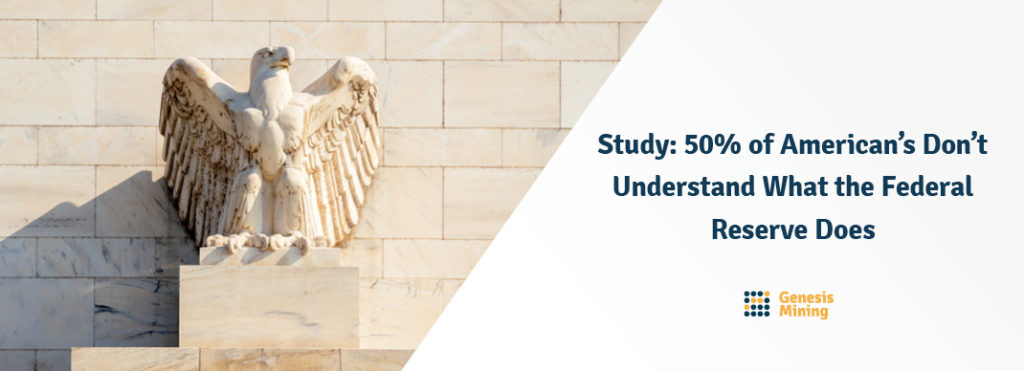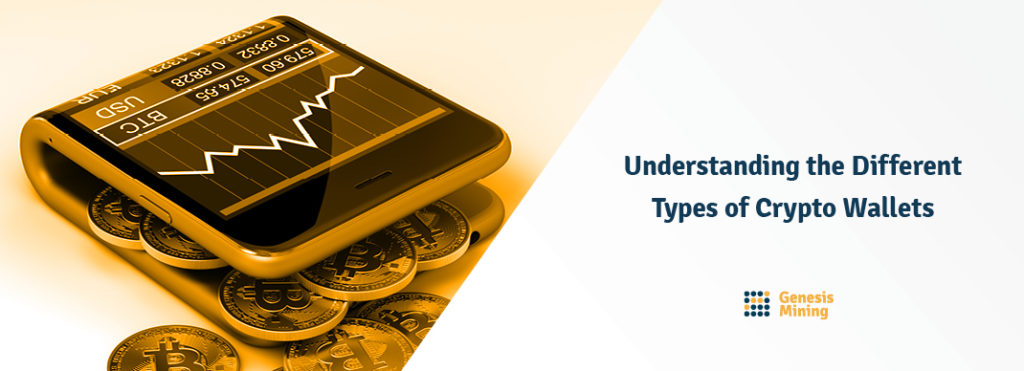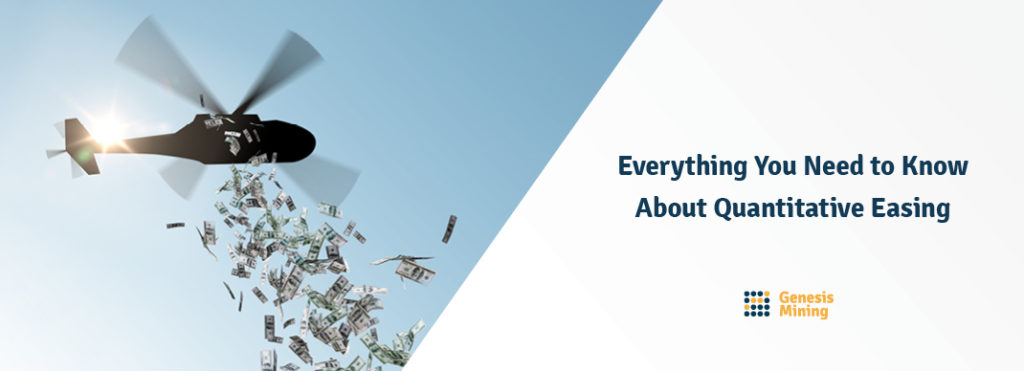It’s tough to blame the average citizen for not knowing exactly what the Federal Reserve does (it can get complicated), but it certainly doesn’t hurt to have some idea. The Federal Reserve leadership’s opinions and actions carry real consequences for you, whether you realize it yet or not.
We found out through a recent study titled Perceptions and Understanding of Money — 2020 that half of Americans may have no clue what the Federal Reserve does. And yet, the policy decisions of the Federal Reserve could have a direct effect on:
- The value of your paychecks
- The amount of money you have once you retire
- Your ability to become and remain employed
- The general state of the American economy, and by extension the global economy
The Federal Reserve has an outsize impact on the state of money in America, and the state of money in America has an outsize impact on the global financial network. You’re a part of it all, and so you may want to understand just a bit about what the Fed does and how its policies may impact your life.
Why the Federal Reserve Matters
It is not possible to explain why the Federal Reserve (commonly known as the Fed) matters without laying a basic groundwork for what the Fed is. The Board of Governors of the Federal Reserve System notes that the Fed is, at its core, the central bank of the United States.
Created in December 1913, the Federal Reserve’s purpose is to “provide the nation with a safer, more flexible, and more stable monetary and financial system”, per the Board. This stated mission means little without more context.
What the Fed Does
There are specific mechanisms that decision makers within the Federal Reserve system use to manipulate monetary policy in the United States. The Chairman of the Federal Reserve (currently Jerome “Jay” Powell) is generally the face of the Fed’s policy decisions.
In terms of influencing monetary policy, the Fed may:
- Adjust the federal funds rate (commonly known as the interest rate)
- Regulate (and thus alter) banking practices
- Make asset purchases on a scale that may influence the American economy
Interest rates are generally the metric by which the Fed’s leaders are judged, as changing the interest rate dictates the relative cost of lending and borrowing, which may heat or chill the American economic furnace.
In addition to setting monetary policy, the Fed also provides oversight for American financial institutions (with varying degrees of success), conducts payment services like check clearing and digital payment processing, oversees the printing of money, and issues loans to banks.
The Fed does a lot, but you may be concerned with one matter over all: how the Fed’s decisions impact your life.
How Fed Decisions May Directly Affect You
When the Fed changes the federal funds rate, it effectively alters interest rates for consumers. By doing this, the Fed may directly affect:
- The likelihood that a bank or other financial institution will issue you a loan such as a mortgage
- The terms of any loan that you are approved for
- The rate at which you accrue interest on your savings
As if these direct impacts of the Fed’s policies were not substantial enough, you could be further affected by the greater effect of interest rate changes on the economy. If Federal Reserve policy enacts a material change in economic activity, then it may dictate:
- Whether you are hired for a job
- Whether you are laid off for a job
- Whether you are forced to take a pay cut at your job
- Whether you may secure a promotion or receive a bonus
- How the stock market performs
You know better than anyone how these sort of professional consequences could affect you day to day. The global woes precipitated by the 2008 housing crisis and following recession reminded many of the importance of understanding monetary policy on some level and protecting yourself to whatever extent possible. Understanding and following Fed policy is a start to fiscal literacy.
Losing a job or feeling a sense of anxiety about your job security can take a toll on your health and general quality of life. Conversely, receiving a bonus or promotion can enhance your sense of accomplishment, security, and zest for life. In this sense, the Fed’s potential to impact you is incalculable.
When framed in these terms, it becomes clear that the Federal Reserve has a greater effect than the average person might realize. Seeing the Fed’s decisions through the lense of self interest may prompt you to pay a bit more attention to the next headline involving an interest rate hike or forecast for American economic performance.
Conclusion
You’ll be hard-pressed to get Joe American to attend a seminar, even a webinar, about the importance of the Fed. This is no knock, but is only meant to say it is tough keeping up with the Kardashians and the latest Fed-related news.
General malaise about economic matters is not unique to America, as financial systems have become entangled webs which can induce migraines upon even surface-level examination. Plus, no news about financial institutions such as the Fed may generally be considered good news. Despite such hurdles, understanding the Fed and financial systems in general has its merits.
For some, the primary benefit of learning about the Fed is to realize the tenuousness of fiat currency and to shift some portion of their assets to more simplistic and scarce value stores such as cryptocurrency, and Bitcoin in particular.
If you wouldn’t mind some independence from the Fed, consider acquiring some cryptocurrencies. Why don’t you start mining Bitcoin with us? Create your free dashboard, and buy some hashpower! Sign up now!





